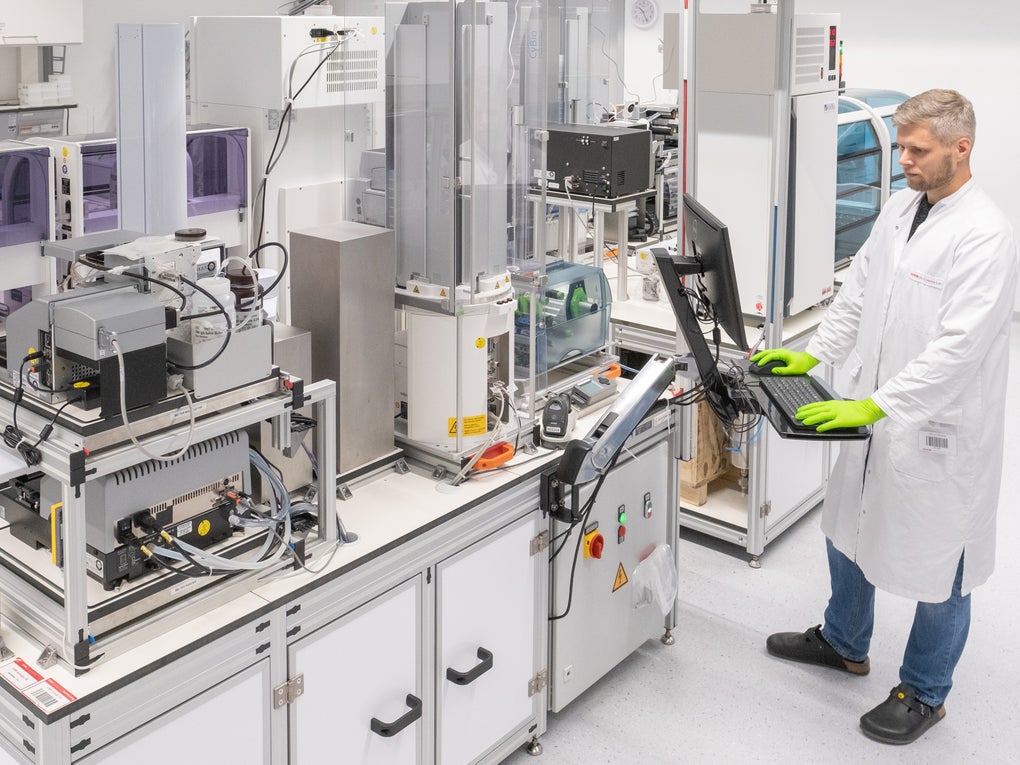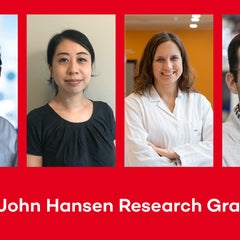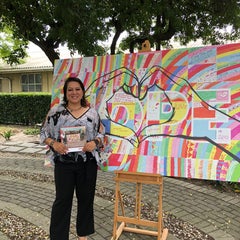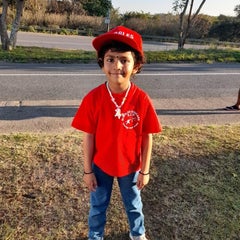
Stem Cell Transplants Saves Lives but Only 0,04% of South Africans are Donors
Cape Town, May 23, 2022 – In recent years, stem cell therapy has become a promising and advanced scientific research field. From being used to cure various diseases to 3D bioprinting human tissue and organs, the opportunities for medical breakthroughs are endless. Stem cell transplants are currently the only way to treat blood cancer. In South Africa, someone is diagnosed with blood cancer every 72 minutes, however, only 0,04% of South Africans are registered as donors.
One company that has been working to grow the national donor registry is DKMS Africa, which celebrates its 31st birthday on 28 May, coinciding with World Blood Cancer Day. “There are many misconceptions around stem cells and stem cell transplants, but it’s important to understand what stem cells are, how people are matched and how a transplant works in order to break the stigma placed on the use of stem cells in medicine by various cultures and religions,” says Theo Gerdener, Medical Director at DKMS Africa.
Stem cells unpacked
Stem cells are unspecialised cells which means that they haven’t decided what kind of cells they want to be. “Specialised cells are heart cells, muscle cells, and skin cells, for example. Stem cells, however, can become any specialised cell in the body and can self-renew. This means that they can replenish themselves over long periods of time by dividing. Therefore, we all have enough stem cells to donate, should we be a match with a patient living with blood cancer.”
He explains that adult stem cells give rise to blood stem cells. “These evolve into white blood cells which fight infection, platelets which help stop bleeding, and red blood cells which transport oxygen around the body. Stem cell transplants are often the only hope for blood cancer patients as it restores healthy blood stem cells and bolsters one’s immune system.”
Finding a match is not as easy as it sounds
When it comes to finding a match, people often think that they will match with a family member, but this is often not the case. Gerdener says that only 25% of blood cancer patients match with family members, which is why it’s so important to grow the registry.
“Matches are made through human leukocyte antigens (HLA) which are proteins on most cells in the body,” he shares. “Our immune systems use HLA to see which cells belong in your body and which do not. Therefore, if the HLA doesn’t match, the stem cells will be rejected. So, HLA characteristics are the most important factor in identifying a matching donor.”
In order for a stem cell transplant to have the highest chance of success, Gerdener says that ideally, 10 out of 10 relevant HLA characteristics should match between the patient and the donor. “For the past six years, one advancement that we have relied on is high-resolution HLA typing which allows the organisation to find a more accurate match.”
He explains that low resolution, which was previously used by other registries, required further testing once a match was found. “This additional step in the process would cause a delay-effect that ultimately impacts the patient, as time is of the essence and could cost them their lives.”
“If we consider the importance of matching HLA characteristics, we can see why building an ethnically diverse registry is so important,” points out Gerdener. “Most registries across the world, including ours, are underrepresented when it comes to black, coloured, Indian and Asian potential donors.”
How you can play your part
This World Blood Cancer Day, DKMS urges all South Africans to register to become stem cell donors. Registering is a simple three-step process, explains Gerdener. “If you are between the ages of 18 and 55 years old, visit the DKMS Africa site and answer a brief questionnaire to determine if you can safely donate. If you are eligible, a courier will deliver a swab kit to your home at no cost to you.”
When you receive the kit, swab the inside of your mouth and cheeks, and a courier will collect the kit from you within five days. The swabs will be analysed to determine your HLA characteristics. “Once we have analysed your samples, you will be added to the registry, and you will be available for patients searching for a donor. In doing so, you could give someone living with blood cancer a second chance at life.”
Feeling inspired? Register here: https://www.dkms-africa.org/register-now



